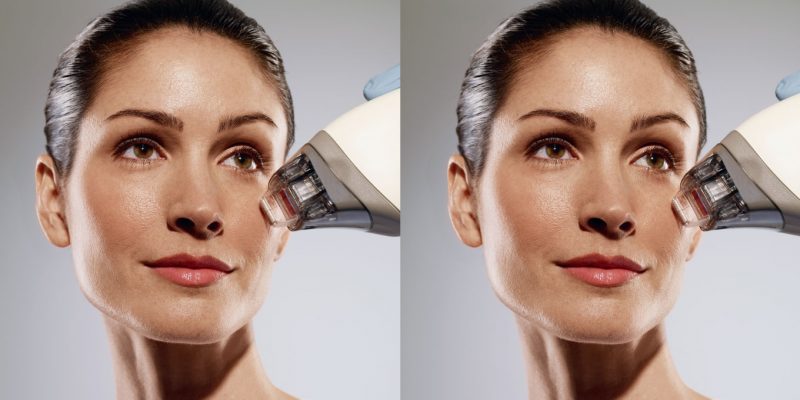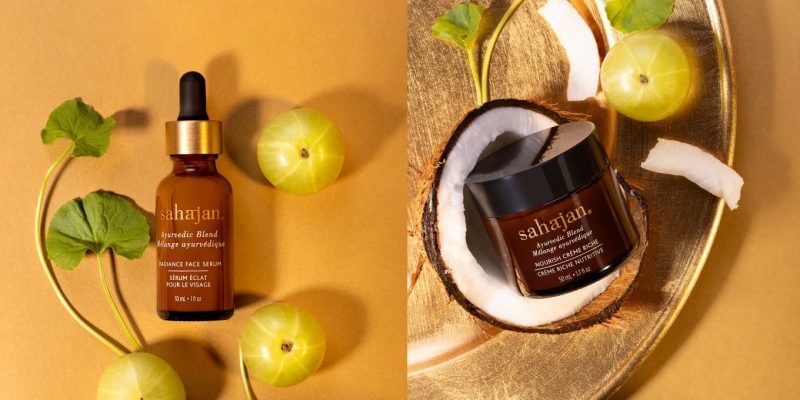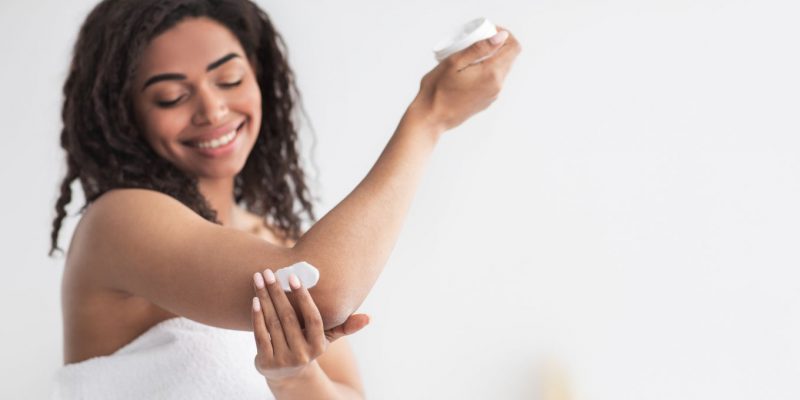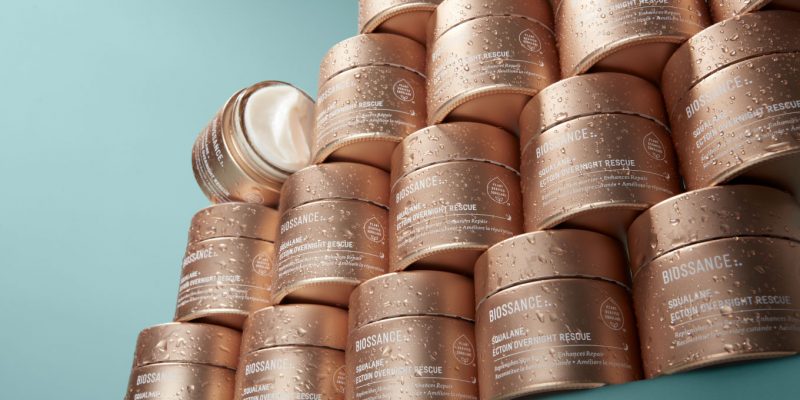Skincare
Meet The Unlikely New Beauty Influencers: Chemists
Who knew chemists would find a rapt audience on Instagram?
by : Victoria DiPlacido- Aug 27th, 2018
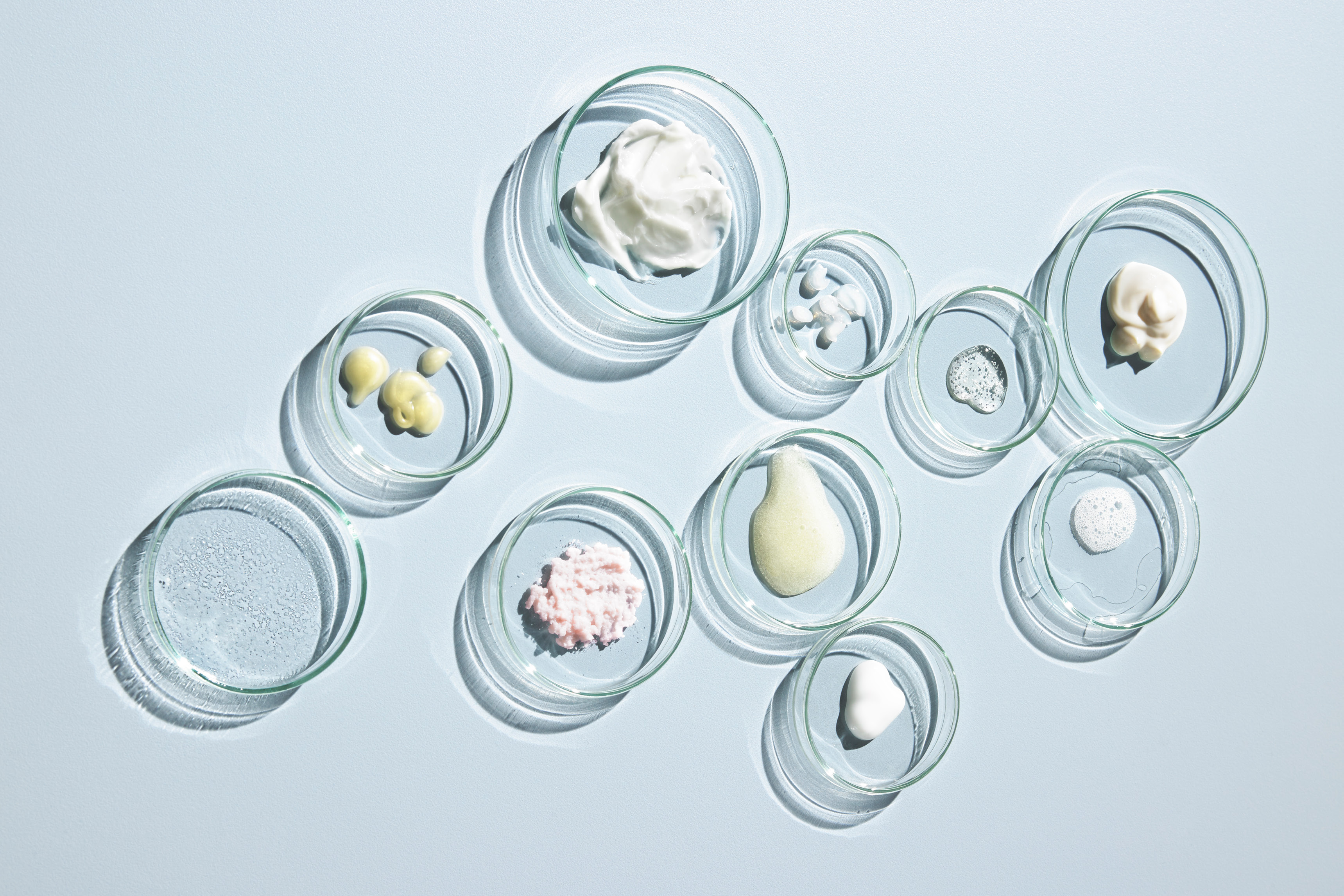
Women have long been curious about the ingredients in their beauty products. Lately, though, it seems like we have collectively graduated from Skincare 101. Take this recent comment left under a photo on skincare brand Drunk Elephant’s Instagram page: “Is the zinc Umbra coated, presumably with the triethoxycaprylylsilane also shown in the ingredient list?” (The answer is yes, and the question was responded to directly by the brand’s director of R & D.) The desire for technical beauty information has led to some unlikely stars on social media: chemists. Rather than reviewing products based on sensory aspects or offering tutorials, a growing number of Instagrammers are breaking down the science behind skincare.
“I’ve seen massive growth over the past year or so,” says Michelle Wong, Ph.D., a science educator based in Sydney, Australia, of her Instagram account, @labmuffinbeautyscience, where she takes a critical look at commonly held skincare beliefs, such as the notion that all synthetic chemicals should be avoided. “I’ve been really impressed by how detailed the questions have become. I’ll do a post about something I thought only I would care about, given my medicinal chemistry background, but it turns out that a lot of my followers want to know as well.”
Stephen Alain Ko (@kindofstephen), a Toronto-based cosmetic chemist and formulator, has racked up a following of almost 30,000 people who are interested in his evidence-based approach to common skincare questions. In the United States, San Francisco-based chemical engineers Victoria Fu and Gloria Lu (@chemist.confessions) leverage knowledge they gained working with anti-aging and acne product formulations to decode ingredient lists for their 32,000 followers.
“Part of our motivation to keep Chemist Confessions going is the belief that only an educated consumer base can change the market landscape,” says Fu. “We already see changes happening now—things like choosing packaging that better protects the formula, which means it requires fewer preservatives. Or making more environmentally conscious decisions with ingredients, like sun filters, and biodegradable packaging.”
WHICH COMMON BEAUTY CLAIM/UNCLEAR PHRASING FRUSTRATES YOU THE MOST?
Stephen Alain Ko “‘Studies show’ or ‘Research shows.’ Often, the results have only been demonstrated in cells in a petri dish, which doesn’t necessarily translate to humans applying the product to their skin. This information is often left out and can be misleading to a consumer.”
Michelle Wong “Using the phrase ‘chemical-free’ to mean natural. Everything is made of chemicals, including nature!”
Gloria Lu “When brands combine science fiction with dramatic prose—something along the lines of ‘Harvested from a rare flower that blooms once a decade, this rare, hyper-concentrated, nutritious gem of an ingredient acts as a reset button for your aged skin and replenishes your dermal chakra….’”
WHAT QUESTION DO YOU GET ASKED THE MOST?
SAK “Whether or not combining two skincare products renders them useless or ineffective. The answer is that there is no solid answer, unless the two products have been studied.”
WHAT GENERAL ADVICE CAN YOU GIVE TO CONSUMERS LOOKING AT AN INGREDIENT LIST?
MW “Don’t be afraid of ingredients with tricky names; it doesn’t mean they are dangerous or worse for you. Butylene glycol and ethoxydiglycol are complex-sounding but very safe solvents used in cosmetics that act as humectants [helping skin retain moisture]. Natural ingredients are not necessarily safer or more efficacious.”
View this post on Instagram
A post shared by Beauty + Skincare Science Blog (@labmuffinbeautyscience) on
HOW MUCH CAN YOU REALLY LEARN ABOUT A PRODUCT FROM READING THE INGREDIENT LIST?
MW “It doesn’t tell you how the ingredients are combined, which can make a huge difference in terms of how the product works—like how well the active ingredients penetrate your skin or how well sunscreen ingredients cover your skin and protect you from the sun. Uncooked cake batter would have the same ingredient list as the final baked cake.”
IN YOUR OPINION, WHAT SKINCARE INGREDIENT SHOULD EVERYONE HAVE IN THEIR ROUTINE?
GL “Everyone’s skin is different. Even skincare superstars like niacinamide [a.k.a. vitamin B3, which improves the appearance of pores, among other things] can be irritating to some. For hydration, we would recommend glycerine and hyaluronic acid for their reliable efficacy and low irritation potential.”
MW “Sunscreen. There’s so much science behind it. It’s the best anti-aging product. In a large clinical trial, daily usage was found to reduce the chance of cancer. My favourite sunscreen filters are the newer ones: Tinosorb S and Tinosorb M.”
This article originally appeared in the October 2018 issue of ELLE Canada.
Newsletter
Join our mailing list for the latest and biggest in fashion trends, beauty, culture and celebrity.
Read Next

Fashion
Zendaya Welcomes Spring in a Retro Floral and Tulle Dress
Another day, another preppy tennis-core look.
by : Briannah Rivera- Apr 23rd, 2024

Culture
A Joe Alwyn Source Explains Why He Didn’t Want to Talk About Dating Taylor Swift
Following the release of The Tortured Poets Department, new insight about the British actor’s decision emerges.
by : Alyssa Bailey- Apr 23rd, 2024

Culture
ELLE Escapes: Savannah
Where to go, stay, eat and drink in “the Hostess City of the South.”
by : ELLE- Apr 15th, 2024

